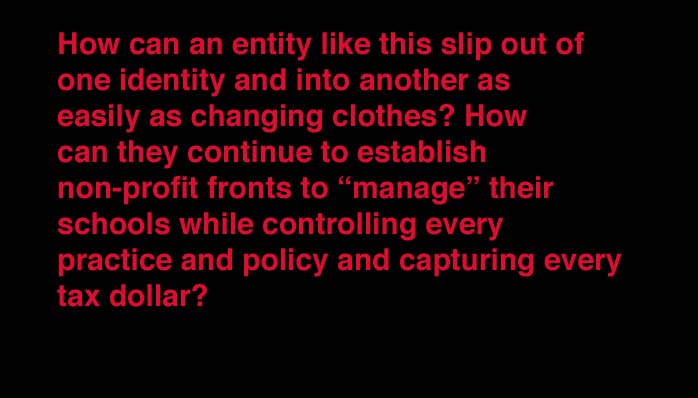What would you say to @TeachForAmerica recruiting letter?

Even when Teach For America recruiters are banned from using faculty class time to recruit students— they still try to. This form letter was forwarded to me by a Professor.
Hi Professor,I am currently a Senior Marketing Student here at the ________ and a Campus Campaign Coordinator for Teach For America. I’m contacting you because I hope that I can take 3 minutes to make an announcement during your class some time soon to talk about educational inequity and Teach For America’s mission. Teach For America is working to end educational inequity by recruiting outstanding college graduates, from all majors, to teach for two years in low-income communities. Only one in ten children growing up in poverty will graduate from college. With your help, we can continue increase this awareness amongst ______’s top college graduates so that all children have an even playing field in life, no matter what zip code they are raised in. Please let me know if you have any questions and if/when I can come speak to your class. Thank you, TFA recruiter
 My understanding from other faculty at various institutions is that this letter is a form letter that they receive every year from TFA. Here is how the professor responded:
My understanding from other faculty at various institutions is that this letter is a form letter that they receive every year from TFA. Here is how the professor responded:I was intrigued by your email for a couple of reasons. One is that my class has many students who are already certified teachers and/or are pursuing doctoral studies, so I am not sure how the class would have been targeted as an appropriate audience for recruitment. The other is that I research the ways teachers can address inequity, and can tell you that having a fleeting 2-year commitment with 5-week training is most certainly not the way to address it. Since TFA has been around, we’ve seen poverty increase, not decrease. Aside from the fact that studies have failed to demonstrate that TFA does anything to improve college-going rates among children who grow up in poverty (is there ANY research at all to support what you allude to in your email?), I’m curious to know how a 5-week boot camp prepares TFA corps members to do what you claim.In my research, I’ve found that one of the most powerful predictors of improving achievement for students who live in poverty is to have teachers who possess “critical knowledge”—the kind ofWhat would you say to @TeachForAmerica recruiting letter? | Cloaking Inequity:















